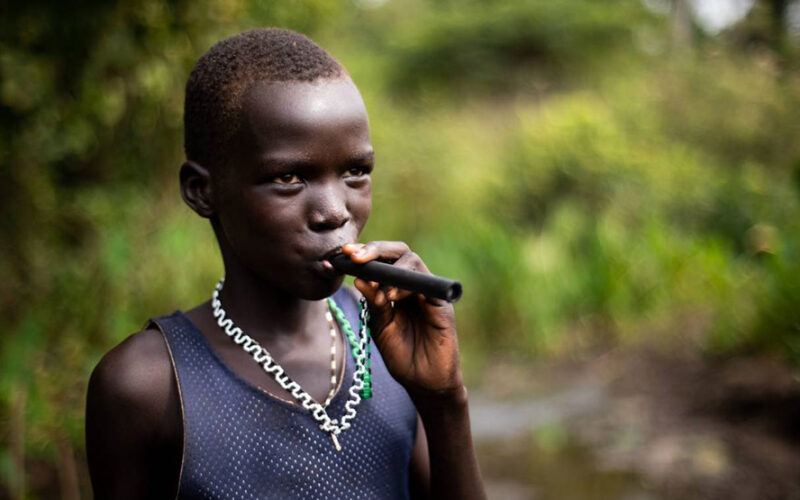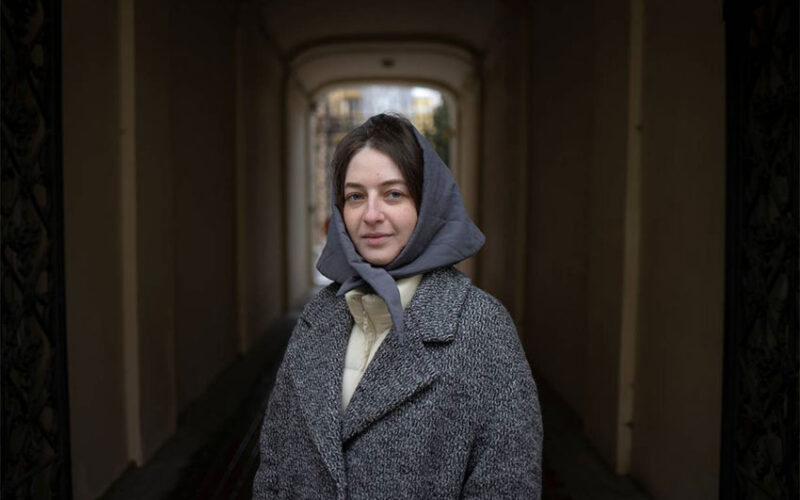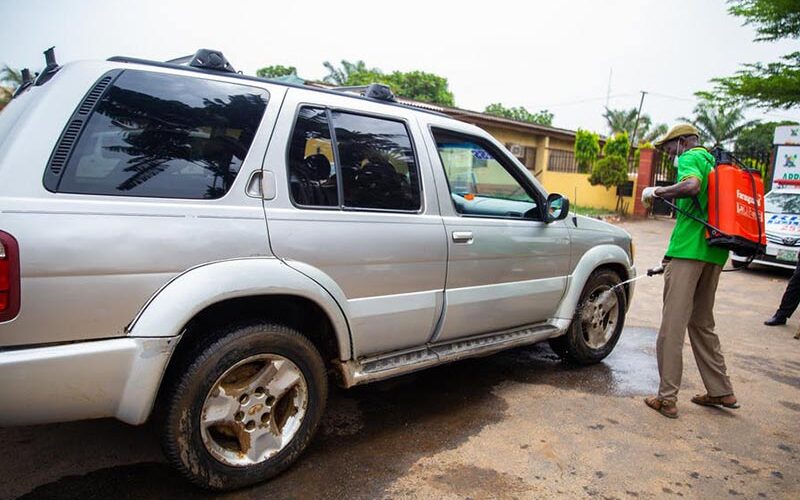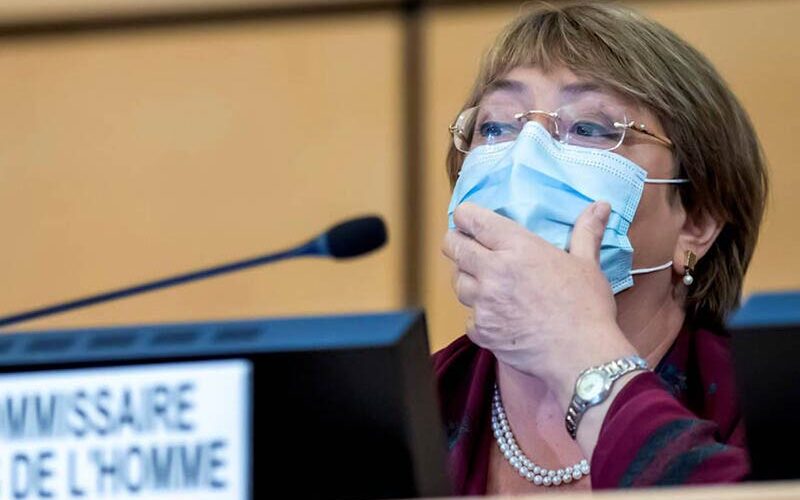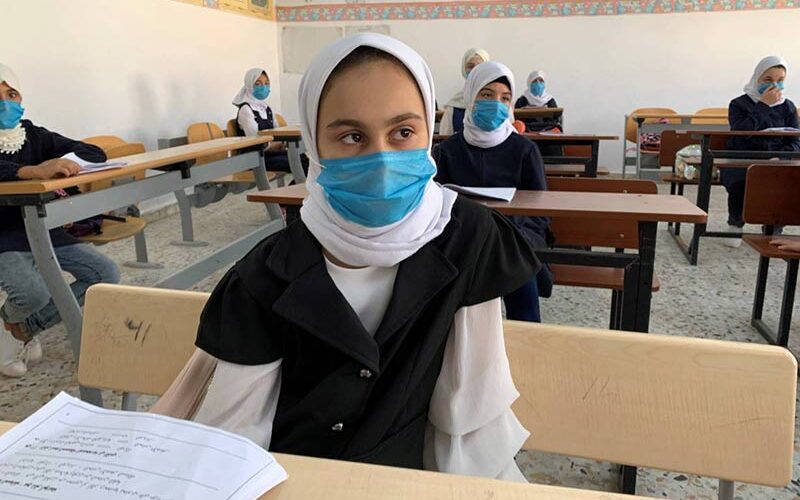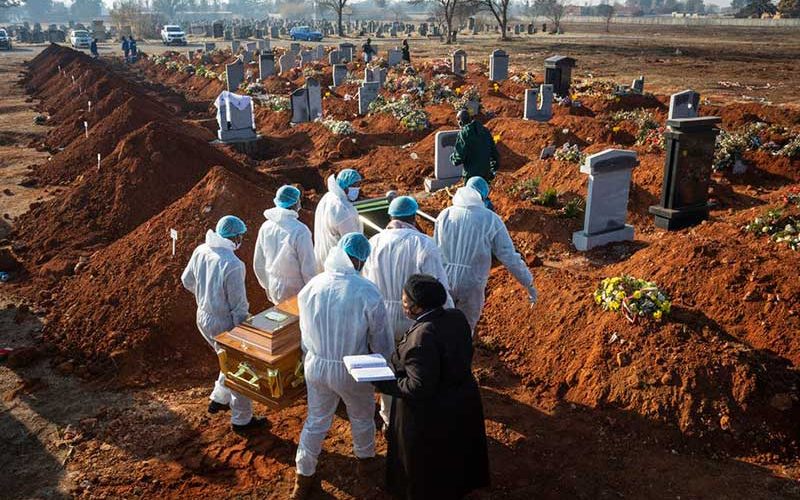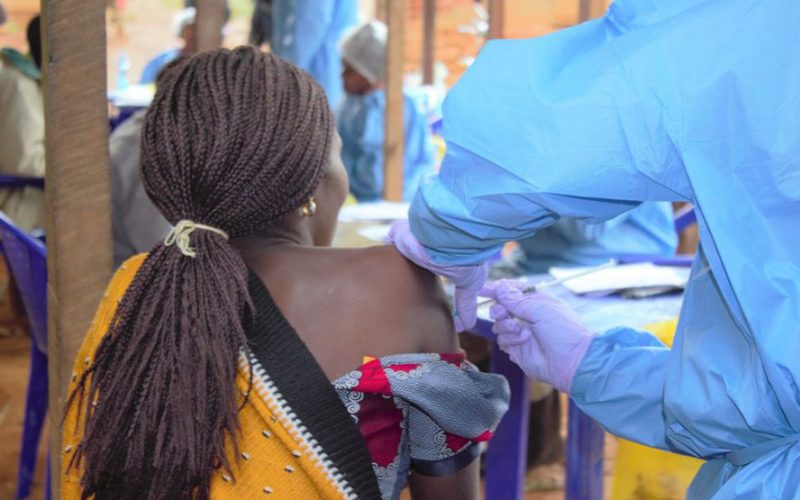
How will the COVID pandemic end?
AFTER over 18 months of this pandemic, with the social distancing, mask-wearing and on-off lockdowns, what we all want to know more than anything else is when it will all be over and how it will end. While nothing is certain, we have a lot of evidence on which to build some realistic expectations about how the pandemic will progress over the next year or so. PAUL HUNTER, Professor of Medicine, University of East Anglia COVID-19 may not be the first time a coronavirus has caused a dreadful global pandemic. It’s been hypothesised that the “Russian flu”, which emerged in…

